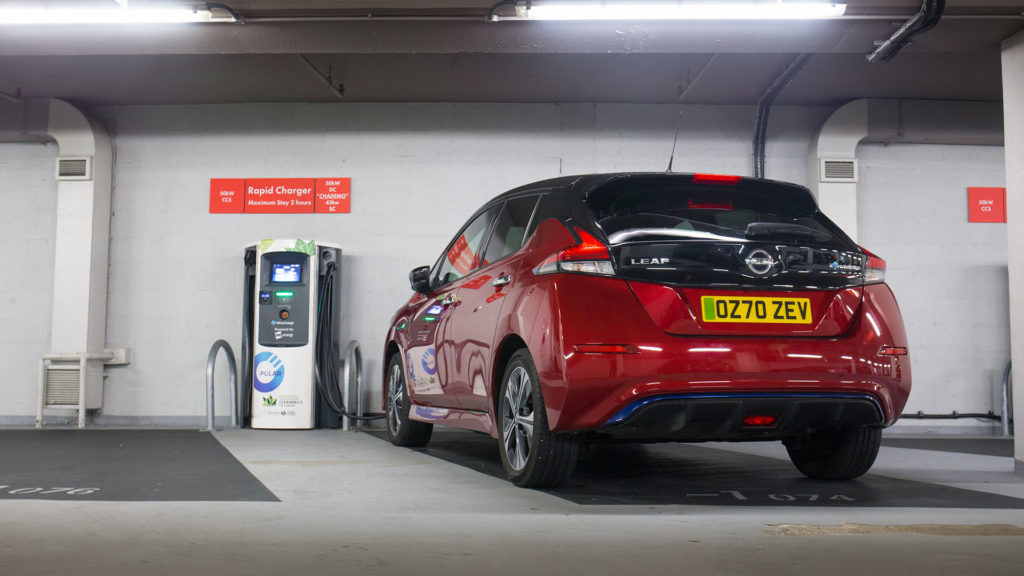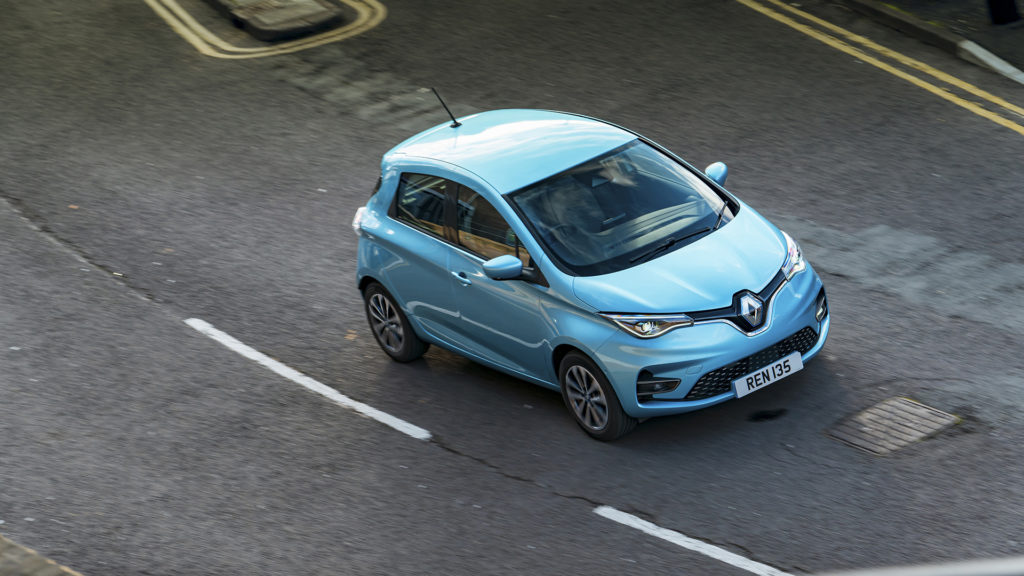For years, road tax – officially Vehicle Excise Duty – was one of the unavoidable costs of motoring. You’d have to fork out for tax, even if your car spent the majority of its time parked on the driveway or locked away in a garage.
Things changed in 2001 when the system was altered to one based on a car’s carbon dioxide (CO2) emissions. Today, if your car was registered between 1 March 2001 and 31 March 2017, you could pay anything from £0 for a car emitting up to 100g/km of CO2 to £695 for one pumping out more than 255g/km of CO2. This means that, just like an electric vehicle, a diesel car could be exempt from road tax.
Before we go any further, let’s deliver the positive news: right now, drivers of electric cars do not have to pay for road tax. Things will change in 2025, but for now, enjoy the feeling of getting something for free.
Does an electric car need to be taxed?
The road tax might be free, but that doesn’t mean an electric car is exempt from tax. Technically, you still have to tax your EV, even if you don’t pay anything, but the entire process can be completed online. You also need to remember to renew the tax every six or 12 months.
Are all EVs exempt from the Expensive Car Supplement?
Cars with a list price of £40,000 or more incur a road tax surcharge (currently £390), which is charged every year from the second to the sixth year of registration (a total of five years). This is in addition to the flat rate of £180 for petrol and diesel cars, or £170 for alternative fuel vehicles (including hybrids, plug-hybrids and hydrogen fuel cell vehicles).

The government introduced the Expensive Car Supplement in April 2017, and although electric cars were exempt from road tax, those with a list price exceeding £40,000 were still liable for the additional rate of £310 a year for a five-year period from the second year.
Fortunately, common sense prevailed, and the Chancellor removed the Expensive Car Supplement for zero-emission cars in April 2020.
What changes will be introduced in April 2025?
From April 2025, the government will, in its words, ‘equalise the Vehicle Excise Duty (VED) treatment of all zero emission and internal combustion engine (ICE) vehicles’. Crucially, this will apply to both new and existing alternatively fuelled vehicles, including electric cars.
In other words, the days of free road tax for electric cars will be over, with EVs registered on or after 1 April 2017 subject to the lowest first-year rate of VED, which currently applies to vehicles with CO2 emissions of 1g/km to 50g/km. From the second year, electric cars will move to the standard annual rate.
Chancellor Jeremy Hunt said: “To make our motoring tax system fairer I’ve decided that electric vehicles will no longer be exempt from Vehicle Excise Duty (VED).”
Based on the current rates, that means a first-year payment of £10 followed by the standard rate of £180 per year. Owners of electric cars registered between 1 March 2001 and 31 March will pay the Band B rate of £20 a year. You’re unlikely to be driving an electric car registered before 1 March 2001, but the payment would be £200 a year if you did.

There’s another sting in the tail for electric car owners, with the Expensive Car Supplement exemption due to end in 2025. This means all electric cars with a list price exceeding £40,000 will pay the surcharge, currently £390 a year.
Summary of changes from April 2025
- New electric cars registered on or after 1 April 2025 to pay the lowest rate of VED, currently £10 a year.
- From the second year, new electric cars will move to the standard rate, currently £180 a year.
- If the new electric car has a price exceeding £40,000 it will be subject to the Expensive Car Supplement for five years from the second time the vehicle is taxed. The rate is currently £390 a year.
- Electric cars registered between 1 April 2017 and 31 March 2025 will pay the standard rate.
- Electric cars registered between 1 March 2001 and 30 March 2017 will pay the second tier rate, currently £20 a year.
- An electric car registered before 1 March 2001 will pay the standard rate for cars with an engine size not over 1549cc, currently £200 a year.
Is the road tax exemption likely to return?
Given the rise in the number of electric cars on the road, we’re unlikely to see a return of the road tax exemption. If anything, the price of VED is likely to increase.
RAC head of policy Nicholas Lyes said: “After many years of paying no car tax at all, it’s probably fair the Government gets owners of electric vehicles to start contributing to the upkeep of major roads from 2025.
“Vehicle excise duty rates are unlikely to be a defining reason for vehicle choice, so we don’t expect this tax change to have much of an effect on dampening demand for electric vehicles given the many other cost benefits of running one.
“The fact that company car tax increases on EVs will be kept low should also keep giving fleets the confidence to go electric, which is vital for increasing the overall number of EVs on our roads.”
Click here for the current vehicle tax rates.
ALSO READ:
Which type of electric car is best for me?
Is fully charging your electric car bad for the battery?
From slow to ultra-rapid: electric car charging speeds explained

